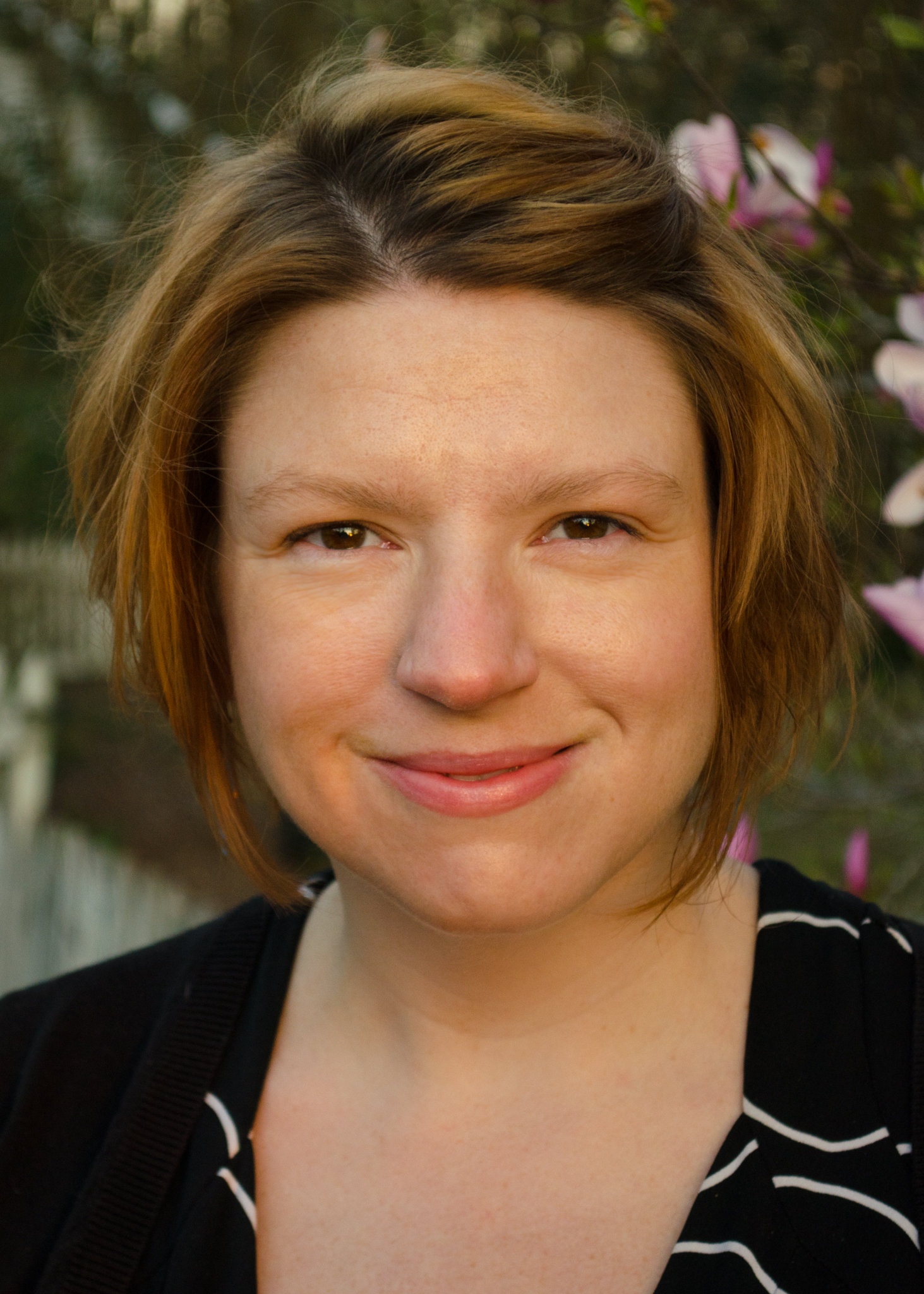Sexuality and Relationship Education Morgan Parlier, MSW, LCSW, Carolina Institute for Developmental Disabilities
University of North Carolina at Chapel Hill School of Social Work Clinical Lecture Series
When:
January 15,2019, 12-2pm, Tuesday 
Where:
UNC Chapel Hill School of Social Work Auditorium, 325 Pittsboro St, Chapel Hill, NC 27599 Directions and Parking
**LIVE STREAMING AVAILABLE**
Continuing Education:
2 Hours (details)
Fees:
$35.00
**Current UNC-SSW students, staff, faculty, field instructors, and task supervisors**
Fee Waived
Description:
Coming soon….
Trainer:
 Morgan Parlier, MSW, LCSW is the lead clinical social work faculty at the Carolina Institute for Developmental Disabilities. She completed her graduate degree through the Joint Master of Social Work program through UNCG and NCA&TSU in 2003. Morgan has more than a decade of experience as a research coordinator for several NIH funded projects exploring the genetic underpinnings of autism spectrum disorder under the supervision of Dr. Joe Piven. Over the last seven years, she has been providing clinical services to individuals with developmental disabilities and their families through individual counseling, parent supportive counseling, psycho-educational groups, and interdisciplinary clinical evaluations. She co-developed a sexuality and relationship education program for youth with I/DD and their parents/caregivers. She facilitates this series at CIDD in the spring and fall of each year. Her teaching responsibilities include clinical training for social work and psychology graduate students. Her clinical interests include: adolescents, adults and older adults with I/DD and their families/caregivers.
Morgan Parlier, MSW, LCSW is the lead clinical social work faculty at the Carolina Institute for Developmental Disabilities. She completed her graduate degree through the Joint Master of Social Work program through UNCG and NCA&TSU in 2003. Morgan has more than a decade of experience as a research coordinator for several NIH funded projects exploring the genetic underpinnings of autism spectrum disorder under the supervision of Dr. Joe Piven. Over the last seven years, she has been providing clinical services to individuals with developmental disabilities and their families through individual counseling, parent supportive counseling, psycho-educational groups, and interdisciplinary clinical evaluations. She co-developed a sexuality and relationship education program for youth with I/DD and their parents/caregivers. She facilitates this series at CIDD in the spring and fall of each year. Her teaching responsibilities include clinical training for social work and psychology graduate students. Her clinical interests include: adolescents, adults and older adults with I/DD and their families/caregivers.
Learning Objectives:
1. Participants will be able to identify at least 3 reasons why individuals with I/DD are more vulnerable to sexual violence
2. Participants will be able to define the term “Nothing About Us Without Us”
3. Participants will be able to identify at least 3 sexuality education concepts that reduce vulnerability to sexual violence in individuals with I/DD
References:
- Beddows, N., & Brooks, R. (2016). Inappropriate Sexual Behaviour in Adolescents with Autism Spectrum Disorder: What Education is Recommended and Why. Early Interventions in Psychiatry, 10(4), 282-289
- Kim, Y. (2016). Evaluation of a Sexual Abuse Prevention Program for Children with Intellectual Disabilities. Behavioral Interventions, 31(2), 195– 209.
- Stokes, M., Newton, N., & Kaur, A. (2007). Stalking, and social and romantic functioning among adolescents and adults with autism spectrum disorder. Journal of Autism and Developmental Disorders, 37, 1969-1986.
- Brzuzy, Stephanie (1999) “Nothing About Us Without Us: Disability, Oppression and Empowerment. James I. Charlton. Reviewed by Stephanie Brzuzy, Arizona State University.,” The Journal of Sociology & Social Welfare: Vol. 26 : Iss. 1 , Article 14. Available at: https://scholarworks.wmich.edu/jssw/vol26/iss1/14